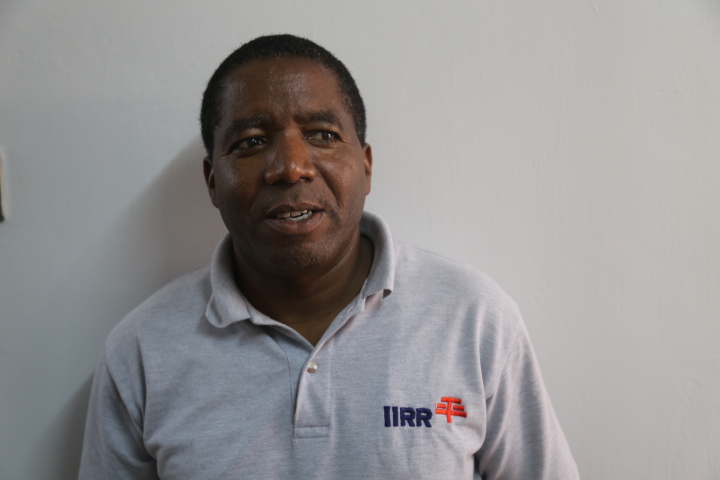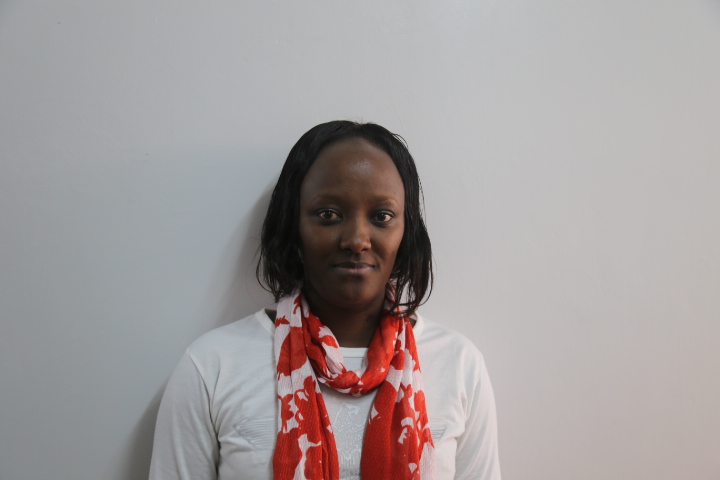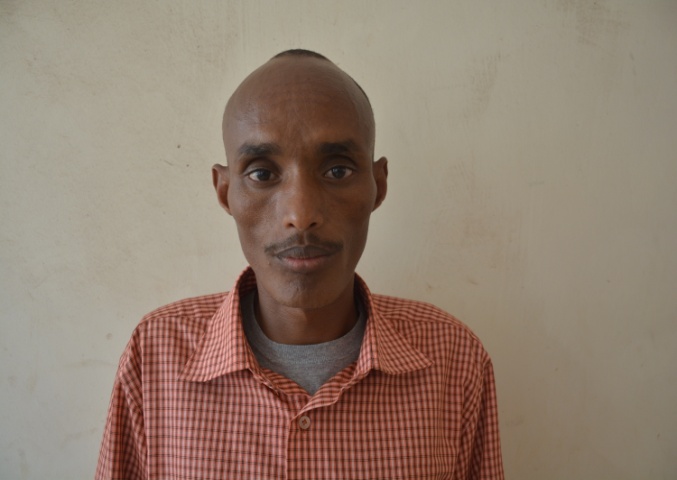
Program Info
- Program established: 1995
- Staff: 10
- Target Program Areas/Regions: Samburu, Marsabit and Isiolo
- Core Program Areas:
- Education for Marginalized Communities
- Food Security and Resilient Livelihoods
- Disaster Risk Reduction and Climate Change Adaptation
Office Info
Country Director – Chrispin Mwatate
Address:
Prof. George Saitoti Road, Procmura Prica Building (Second Floor)
Nairobi, Kenya
Email: kenya@old.iirr.org
Phone: +254 20 237 0039/ +254 20 237 0039/41/43
Challenges and Opportunities
Although Kenya has shown positive signs of development in recent years, underemployment and underemployment continue to be huge national issues. Agriculture remains the backbone of the Kenyan economy, contributing nearly 25% of the nation GDP. About 80% of Kenya’s roughly 42 million inhabitants work at least part-time in the agricultural sector, including livestock and pastoral activities. Given educational barriers and cultural customs, Kenyan farmers are slow to adopt new methods that can help offer consistent employment to a larger percentage of the population.
Many pastoralist children traditionally serve as herders and caretakers and parents prefer to keep them at home instead of paying costly school fees to send them to school. Most basic education systems available to pastoralists are characterized by limited access, gender inequality, low retention and poor infrastructure. The disparity between school attendance of boys and girls in Kenya is even more alarming. Girls face many challenges to attain an education, like pushback from parents and vulnerability to sexual abuse and abduction. In rural areas, marriage is often arranged or forced upon young girls between the ages of 10 and 14, cutting short their dreams as they become child brides and mothers and are condemned to cyclic poverty.
Girls that do manage to go to school also face their fair share of challenges. Pastoralist girls endure long commutes to attend school which leaves them vulnerable to abduction and rape. Other girls simply cannot afford to pay school fees and are forced to drop out. Without access to quality education, these girls are completely dependent on others for their livelihoods- relatives, spouse– and are more likely to remain poor and fall victim to abuse.
How IIRR Helps
- Offering education for pastoralists and other marginalized groups through partnerships with the national government and local communities
- Providing the opportunity for out-of-school children in pastoralist areas to access quality basic education.
- Developing a flexible education curriculum—mobile schools, evening classes, ample materials and review—that fits with pastoral mobility patterns and allows their children to help with daily chores.
- Managing the Goats4Girls program, through which girls are gifted a goat as a path to economic independence and contribution to the household budget. Through IIRR’s Goats4Girls program, girls are gifted a goat that is expected to enable her to continue school economically independent while also contributing to her household economy.
Partnerships:
- Isogarogaro Women’s Group
- Samburu Integrated Development Project (SIDEP)
- Merti Integrated Development Project (MIDP)
- Center for Advocacy and Gender Equity (CAGE)
- Samburu Girls Foundation (SGF)
Funding:
- United Kingdom Agency for International Development (UK-AID
- Technical Center for Agriculture (CTA)
- UN Women
General Country Stats
- Child birth and pregnancy complications are the highest causes of death for 15-19-year-old girls in Kenya
- 1 in 3 women in Kenya lack safe toilets. This lack of access to toilets almost doubles the risk of violence that many women battle.
Important Facts and Figures
2014-2018
- 928 children enrolled in preschool (566 boys, 362 girls).
- 26,210 children enrolled in primary school (7,521 boys; 7,428 girls).
- 3,079 books distributed to primary schools.
- 1,395 girls participated in IIRR-run leadership summer camps.
- 3,000 pastoralists trained by IIRR about food security and agricultural strategy.
- 32 water tanks constructed, helping 11,424 receive adequate water.
- 40 ventilated latrines installed in primary schools, benefiting 8,050 learners.
Kenya Team


Kenya Country Director
Chrispin Mwatate joined IIRR as Regional Programmes Director in 2014 at IIRR Africa Regional Center in Nairobi-Kenya and transitioned to be Kenya Country Director since September 2016. He oversees implementation of IIRR-Kenya flagship programme of Education for Pastoralists


Finance Officer
Catherine joined IIRR in 2016 as the Kenya Finance Officer having previously worked at ADESO (African Development Solutions) and ACTED (Agency for Technical Cooperation and Development). Catherine has comprehensive experience in the areas of Accounting, Auditing & Financial


Project Officer, Cluster Education Forum
David Mohamed Roba is IIRR staff based in Marsabit, northern Kenya. He is currently the project officer in charge of Cluster Education Forum in Loglogo. He works closely with the Education Manager in the implementation of cluster activities.
Monitoring and Evaluation Specialist
Luke joins IIRR in Monitoring and Evaluation department with over 7 years of experience in Project coordination and implementation, Research Consultancy, Health Programs training and ICT training in learning institutions. He has previously worked as a Project Assistant
Project Officer CLI-MARK project
Maximillian Leinte joined IIRR in 2017 as the Livestock value chain (CLI-MARK) project officer. He has over 7 years experience in livestock value chain, livelihood and emergency response from a right based approach, training communities on sustainable agriculture,


Gender Based Violence Officer
Ruth Chepkech Kirui has been working for IIRR as a Gender-Based Violence Officer since January 2017. She works closely with the field officers to deliver services of protection among Pastoralist communities in the counties of Isiolo, Samburu, and
